Here are my favorite poems about running away categorized:
- Poems about running away from reality
- Poems about running away from problems
- Poems about running away together
- Short poems about running away
So if you’re looking for the best poems about running away, then you’re in the right place.
Keep reading!
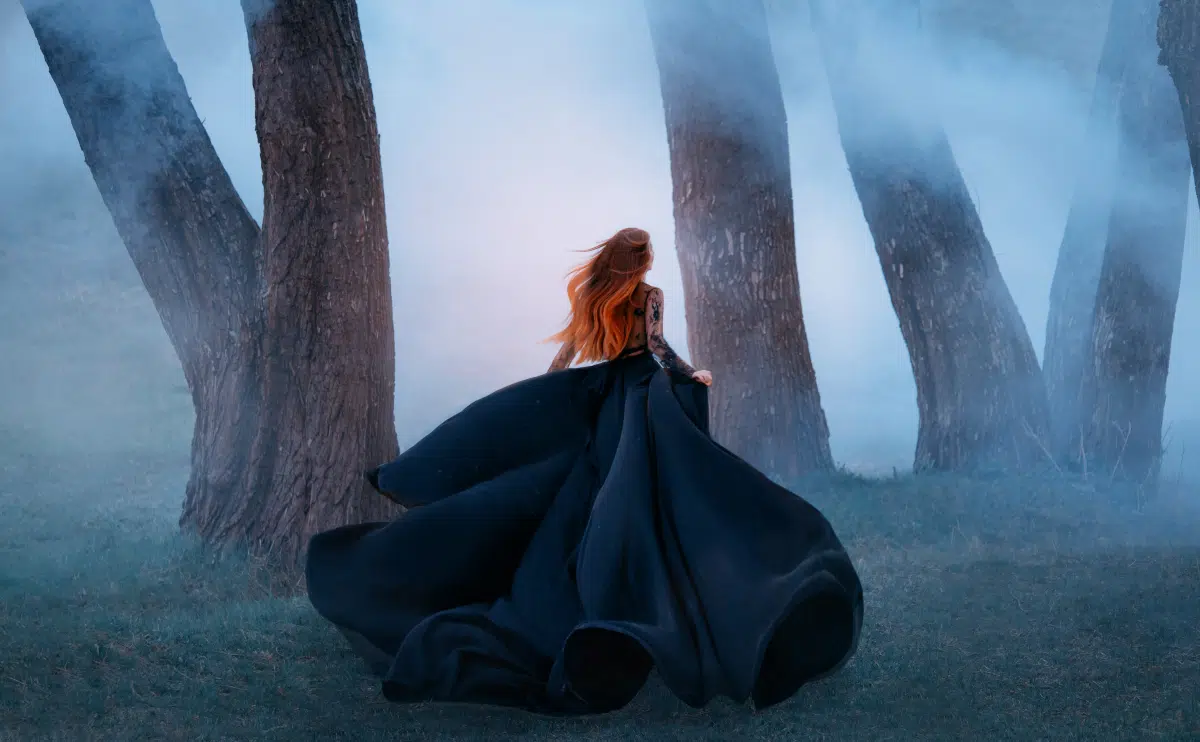
Unbridled Poems About Running Away
Explore our curated collection of powerful poems about running away.
Discover a range of themes, styles, and perspectives, from escaping reality to breaking free from limitations.
Whether you seek inspiration, comfort, or a new perspective, these beautiful and poignant words from talented poets are sure to resonate with your own experiences of running away.
Let’s go!
My #1 Favorite Poem About Running Away
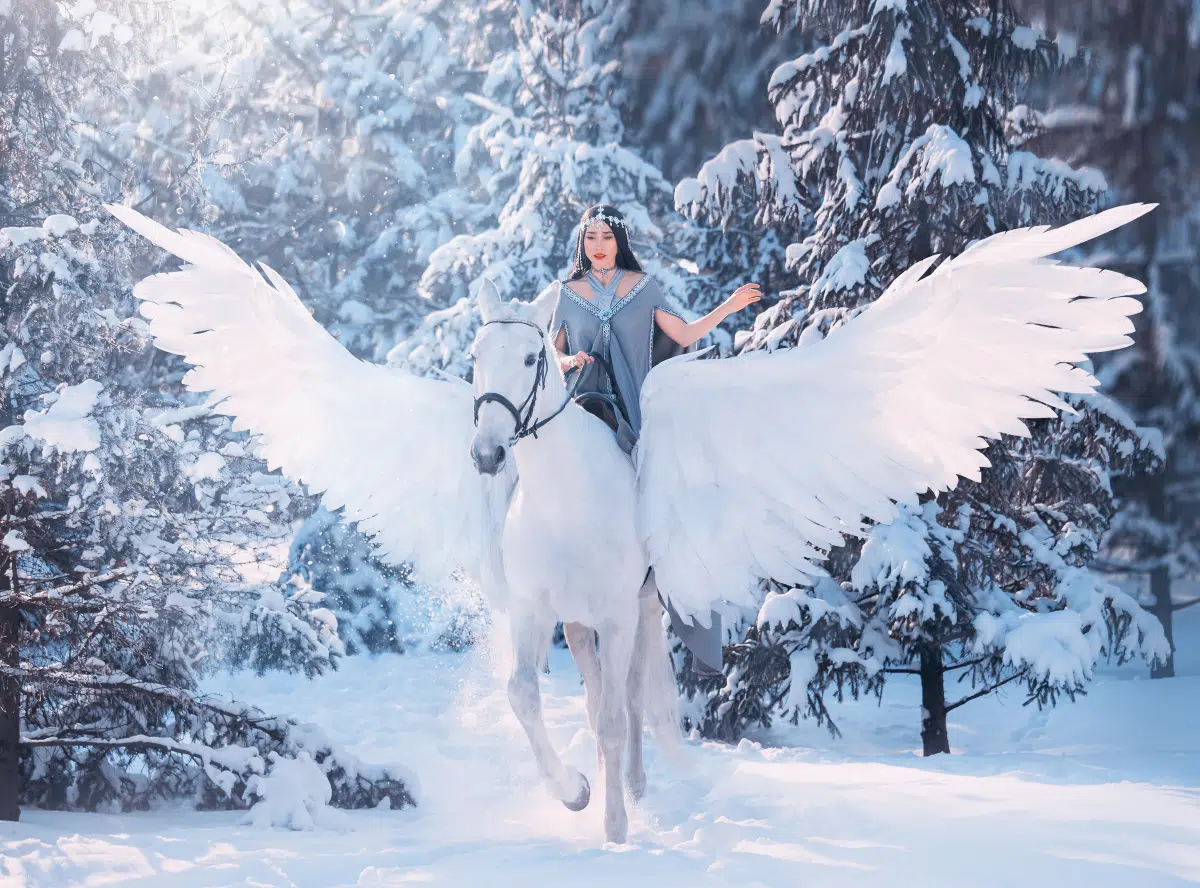
“Farewell” by Emily Elizabeth Dickinson
Tie the strings to my life, my Lord,
Then I am ready to go!
Just a look at the horses —
Rapid! That will do!
Put me in on the firmest side,
So I shall never fall;
For we must ride to the Judgment,
And it’s partly down hill.
But never I mind the bridges,
And never I mind the sea;
Held fast in everlasting race
By my own choice and thee.
Good-by to the life I used to live,
And the world I used to know;
And kiss the hills for me, just once;
Now I am ready to go!
Poems About Running Away from Reality
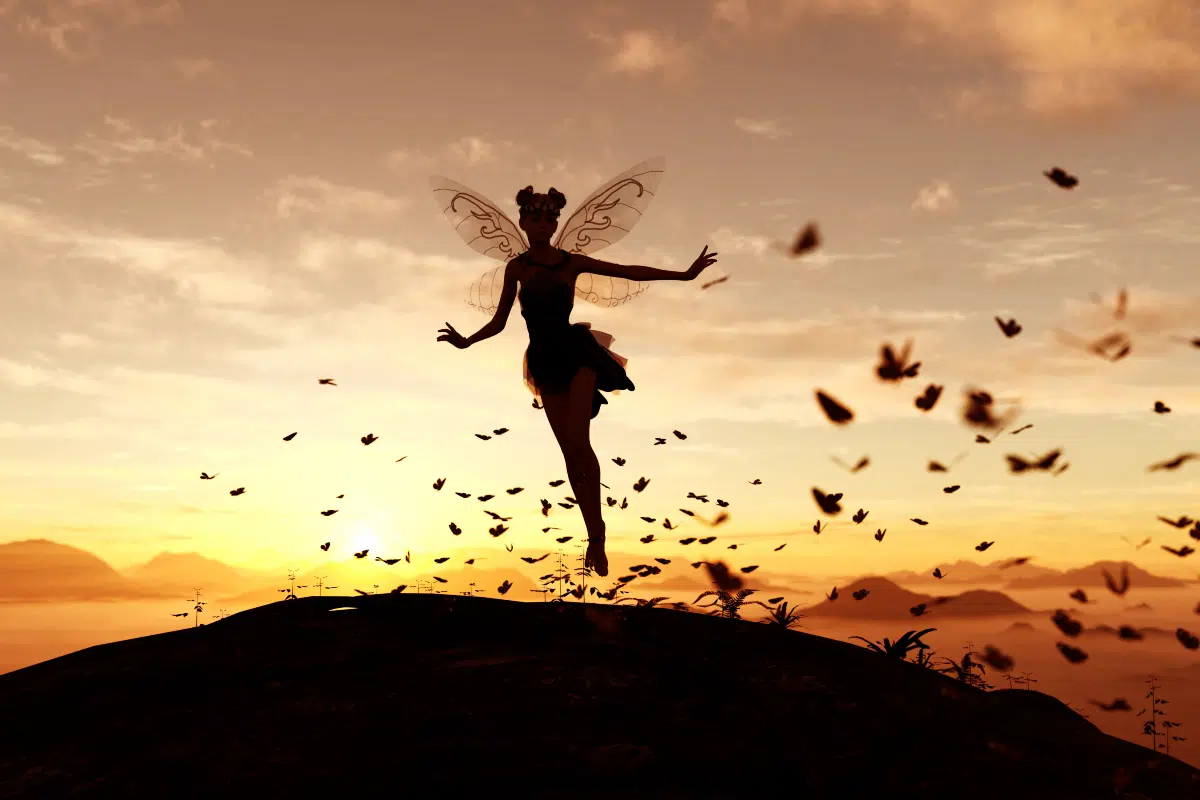
“Running to Paradise” by William Butler Yeats
As I came over Windy Gap
They threw a halfpenny into my cap,
For I am running to Paradise;
And all that I need do is to wish
And somebody puts his hand in the dish
To throw me a bit of salted fish:
And there the king is but as the beggar.
My brother Mourteen is worn out
With skelping his big brawling lout,
And I am running to Paradise;
A poor life do what he can,
And though he keep a dog and a gun,
A serving maid and a serving man:
And there the king is but as the beggar.
Poor men have grown to be rich men,
And rich men grown to be poor again,
And I am running to Paradise;
And many a darling wit s grown dull
That tossed a bare heel when at school,
Now it has filled an old sock full:
And there the king is but as the beggar.
The wind is old and still at play
While I must hurry upon my way,
For I am running to Paradise;
Yet never have I lit on a friend
To take my fancy like the wind
That nobody can buy or bind:
And there the king is but as the beggar.
“Away Down Home” by John Charles McNieill
‘T will not be long before they hear
The bullbat on the hill,
And in the valley through the dusk
The pastoral whippoorwill.
A few more friendly suns will call
The bluets through the loam
And star the lanes with buttercups
Away down home.
“Knee-deep!” from reedy places
Will sing the river frogs.
The terrapins will sun themselves
On all the jutting logs.
The angler’s cautious oar will leave
A trail of drifting foam
Along the shady currents
Away down home.
The mocking-bird will feel again
The glory of his wings,
And wanton through the balmy air
And sunshine while he sings,
With a new cadence in his call,
The glint-wing’d crow will roam
From field to newly-furrowed field
Away down home.
When dogwood blossoms mingle
With the maple’s modest red,
And sweet arbutus wakes at last
From out her winter’s bed,
‘T would not seem strange at all to meet
A dryad or a gnome,
Or Pan or Psyche in the woods
Away down home.
Then come with me, thou weary heart!
Forget thy brooding ills,
Since God has come to walk among
His valleys and his hills!
The mart will never miss thee,
Nor the scholar’s dusty tome,
And the Mother waits to bless thee,
Away down home.
“The Runaway” by Thomas Gent
Ah! who is he by Cynthia’s gleam
Discern’d, the statue of distress:
Weeping beside the willow’d stream
That bathes the woodland wilderness?
Why talks he to the idle air?
Why, listless, at his length reclin’d,
Heaves he the groan of deep despair,
Responsive to the midnight wind?
Speak, gentle shepherd! tell me why?
Sir! he has lost his wife, they say
Of what disorder did she die?
Lord, sir! of none she ran away.
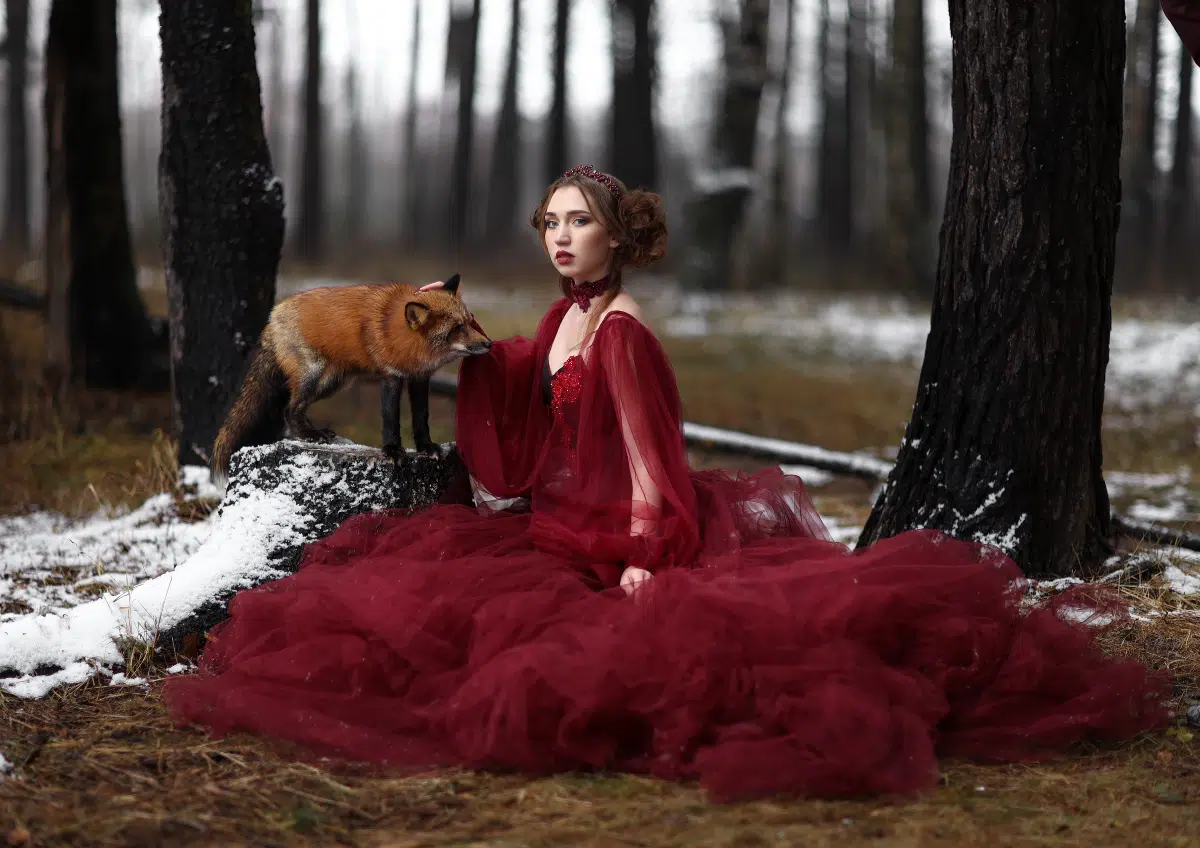
“Escape” by Elinor Wylie
When foxes eat the last gold grape,
And the last white antelope is killed,
I shall stop fighting and escape
Into a little house I’ll build.
But first I’ll shrink to fairy size,
With a whisper no one understands,
Making blind moons of all your eyes,
And muddy roads of all your hands.
And you may grope for me in vain
In hollows under the mangrove root,
Or where, in apple-scented rain,
The silver wasp-nests hang like fruit.
“The Runaway’s Return” by Juliana Horatia Ewing
It was on such a night as this,
Some long unreal years ago,
When all within were wrapp’d in sleep,
And all without was wrapp’d in snow,
The full moon rising in the east,
The old church standing like a ghost,
That, shivering in the wintry mist,
And breathless with the silent frost,
A little lad, I ran to seek my fortune on the main;
I marvel now with how much hope and with how little pain!
It is of such a night as this,
In all the lands where I have been,
That memory too faithfully
Has painted the familiar scene.
By all the shores, on every sea,
In luck or loss, by night or day,
My highest hope has been to see
That home from which I ran away.
For this I toil’d, to this I look’d through many a weary year,
I marvel now with how much hope, and with how little fear.
On such a night at last I came,
But they were dead I loved of yore.
Ah, Mother, then my heart felt all
The pain it should have felt before!
I came away, though loth to come,
I clung, and yet why should I cling?
When all have gone who made it home,
It is the shadow, not the thing.
A homeless man, once more I seek my fortune on the main:
I marvel with how little hope, and with what bitter pain.
“Escape” by Rufino Blanco Fombona
The dungeon crushes me—over my restless spirit
Pass dark thoughts unspoken.
My poet’s wings, even in unfolding,
Against four walls are broken.
Entombed and alive! The nights are eternal,
And eternal are the days.
Sorrows companion me, spies are about me,
The fetter upon me weighs.
But on closing my eyes—(light, sky, and meadow!)—
Broken I see my chain.
With my love on my arm I breathe deep in the garden
Of magnolia and vervain.
I delight in the air, in the running water,
Fresh as my belovèd one.
There is still something good despots cannot imprison,
Nor heap chains upon!
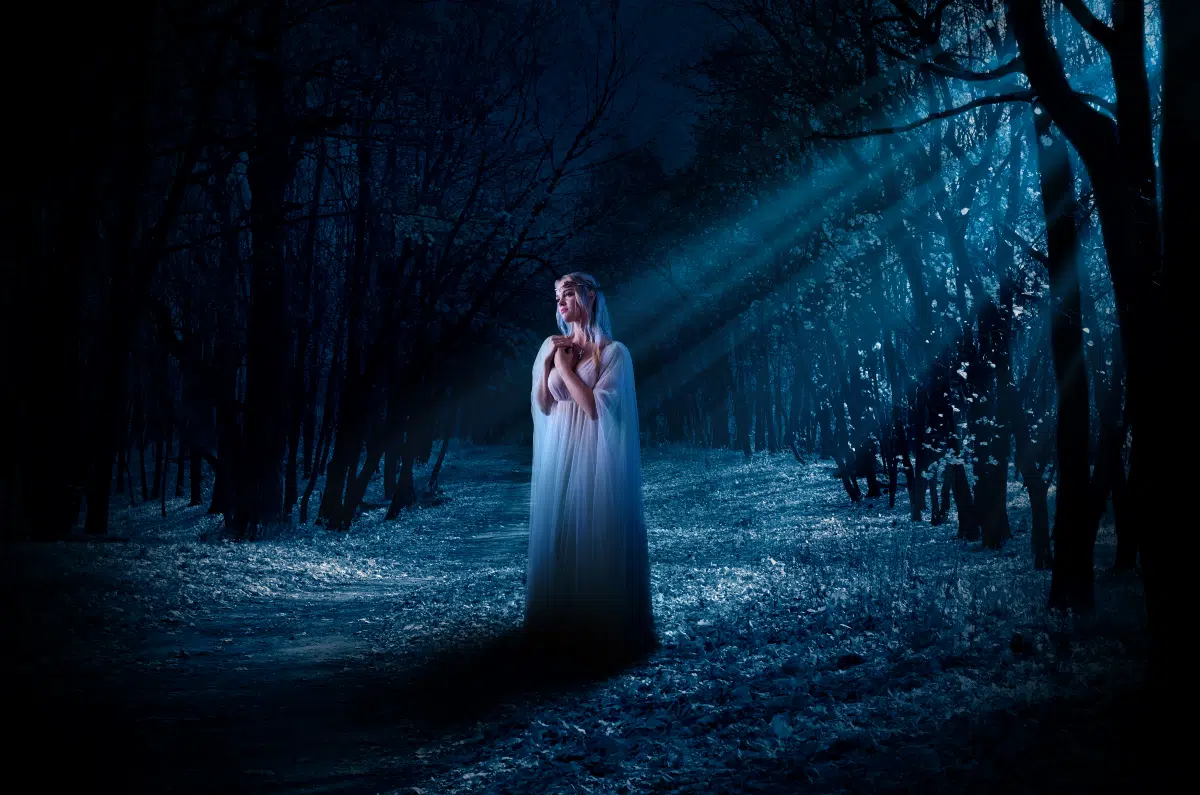
“Escape” by Georgia Douglas Johnson
Shadows, shadows,
Hug me round,
So that I shall not be found
By sorrow:
She pursues me
Everywhere,
I can’t lose her
Anywhere.
Fold me in your black
Abyss,
She will never look
In this,—
Shadows, shadows,
Hug me round
In your solitude
Profound.
“The Escape” by John Frederick Freeman
Like one who runs
Fearful at night, he knows not why,
Dreading the loneliness, yet shuns
The highway’s casual company;
Wherefore he hastes,
The friendly gloom of ancient trees
Unheeding, and the shining wastes
Lying broad and quiet as the seas;
The beauty of night
Hating for very fear, until
Beyond the bend a lowly light
Beams single from a lowly sill;
And the poor fool,
Flying the sacred, solemn dark,
Leaves gladly the large, cool
Night for that serviceable spark;
And thankful then
To have ‘scaped the peril of the way,
Turns not his timid steps again
That night, but waits the common day;–
So I, as weak,
Have fled the great hills of Thy love,
Too faint to hear what Thou dost speak,
Too feeble with fear to look above,
And hasten to win
Some flickering, brief security,
In sinful sleep or waking sin,
From the enfolding thought of Thee!
“A Dialogue of Self and Soul” by William Butler Yeats
(My Soul) I summon to the winding ancient stair;
Set all your mind upon the steep ascent,
Upon the broken, crumbling battlement,
Upon the breathless starlit air,
“Upon the star that marks the hidden pole;
Fix every wandering thought upon
That quarter where all thought is done:
Who can distinguish darkness from the soul
(My Self). The consecretes blade upon my knees
Is Sato’s ancient blade, still as it was,
Still razor-keen, still like a looking-glass
Unspotted by the centuries;
That flowering, silken, old embroidery, torn
From some court-lady’s dress and round
The wodden scabbard bound and wound
Can, tattered, still protect, faded adorn
(My Soul.) Why should the imagination of a man
Long past his prime remember things that are
Emblematical of love and war?
Think of ancestral night that can,
If but imagination scorn the earth
And interllect is wandering
To this and that and t’other thing,
Deliver from the crime of death and birth.
(My self.) Montashigi, third of his family, fashioned it
Five hundred years ago, about it lie
Flowers from I know not what embroidery —
Heart’s purple — and all these I set
For emblems of the day against the tower
Emblematical of the night,
And claim as by a soldier’s right
A charter to commit the crime once more.
(My Soul.) Such fullness in that quarter overflows
And falls into the basin of the mind
That man is stricken deaf and dumb and blind,
For intellect no longer knows
Is from the Ought, or knower from the Known —
That is to say, ascends to Heaven;
Only the dead can be forgiven;
But when I think of that my tongue’s a stone.
(My Self.) A living man is blind and drinks his drop.
What matter if the ditches are impure?
What matter if I live it all once more?
Endure that toil of growing up;
The ignominy of boyhood; the distress
Of boyhood changing into man;
The unfinished man and his pain
Brought face to face with his own clumsiness;
The finished man among his enemies? —
How in the name of Heaven can he escape
That defiling and disfigured shape
The mirror of malicious eyes
Casts upon his eyes until at last
He thinks that shape must be his shape?
And what’s the good of an escape
If honour find him in the wintry blast?
I am content to live it all again
And yet again, if it be life to pitch
Into the frog-spawn of a blind man’s ditch,
A blind man battering blind men;
Or into that most fecund ditch of all,
The folly that man does
Or must suffer, if he woos
A proud woman not kindred of his soul.
I am content to follow to its source
Every event in action or in thought;
Measure the lot; forgive myself the lot!
When such as I cast out remorse
So great a sweetness flows into the breast
We must laugh and we must sing,
We are blest by everything,
Everything we look upon is blest.
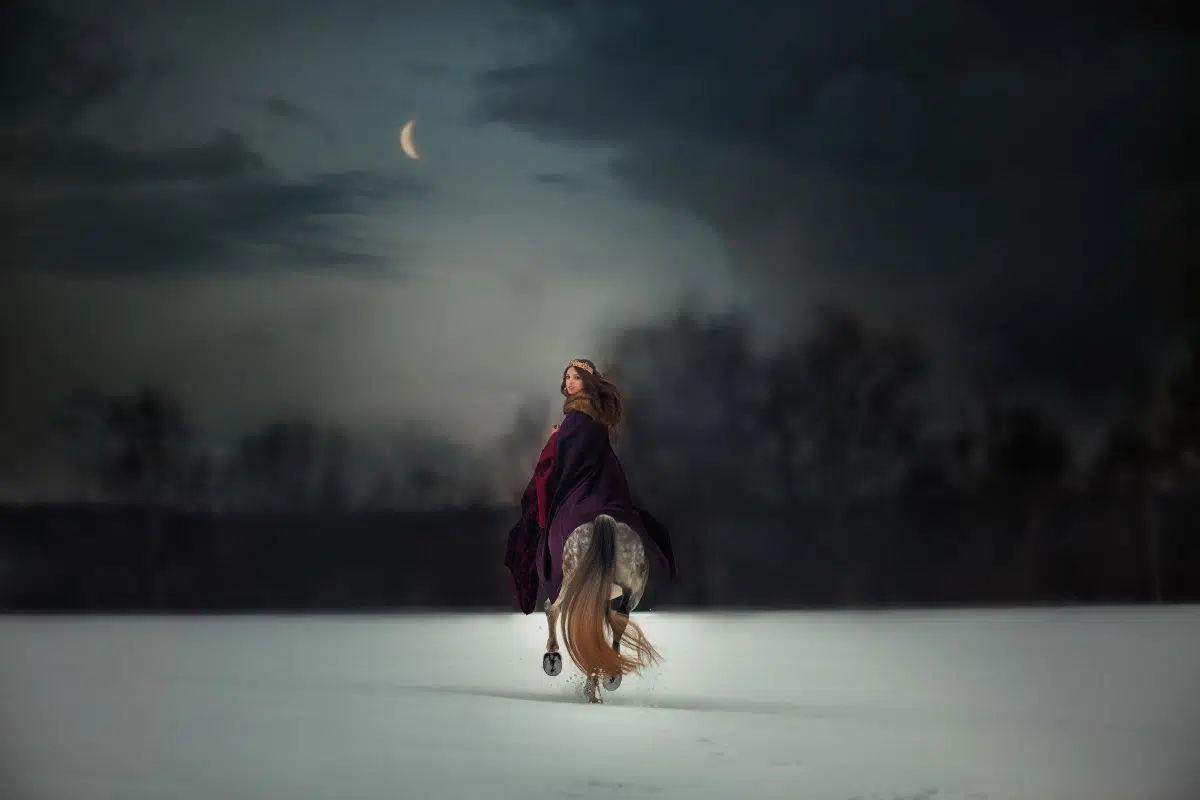
“Remember” by Christina Rossetti
Remember me when I am gone away,
Gone far away into the silent land;
When you can no more hold me by the hand,
Nor I half turn to go yet turning stay.
Remember me when no more day by day
You tell me of our future that you planned:
Only remember me; you understand
It will be late to counsel then or pray.
Yet if you should forget me for a while
And afterwards remember, do not grieve:
For if the darkness and corruption leave
A vestige of the thoughts that once I had,
Better by far you should forget and smile
Than that you should remember and be sad.
“You Will Forget Me” by Ella Wheeler Wilcox
You will forget me. The years are so tender,
They bind up the wounds which we think are so deep;
This dream of our youth will fade out as the splendor
Fades from the skies when the sun sinks to sleep;
The cloud of forgetfulness, over and over
Will banish the last rosy colors away,
And the fingers of time will weave garlands to cover
The scar which you think is a life-mark to-day.
You will forget me. The one boon you covet
Now above all things will soon seem no prize;
And the heart, which you hold not in keeping to prove it
True or untrue, will lose worth in your eyes.
The one drop to-day, that you deem only wanting
To fill your life-cup to the brim, soon will seem
But a valueless mite; and the ghost that is haunting
The aisles of your heart will pass out with the dream.
You will forget me; will thank me for saying
The words which you think are so pointed with pain.
Time loves a new lay; and the dirge he is playing
Will change for you soon to a livelier strain.
I shall pass from your life – I shall pass out forever,
And these hours we have spent will be sunk in the past.
Youth buries its dead; grief kills seldom or never,
And forgetfulness covers all sorrows at last.
“Ode to Solitude” by Alexander Pope
Happy the man, whose wish and care
A few paternal acres bound,
Content to breathe his native air,
In his own ground.
Whose herds with milk, whose fields with bread,
Whose flocks supply him with attire,
Whose trees in summer yield him shade,
In winter fire.
Blest, who can unconcernedly find
Hours, days, and years slide soft away,
In health of body, peace of mind,
Quiet by day,
Sound sleep by night; study and ease,
Together mixed; sweet recreation;
And innocence, which most does please,
With meditation.
Thus let me live, unseen, unknown;
Thus unlamented let me die;
Steal from the world, and not a stone
Tell where I lie.
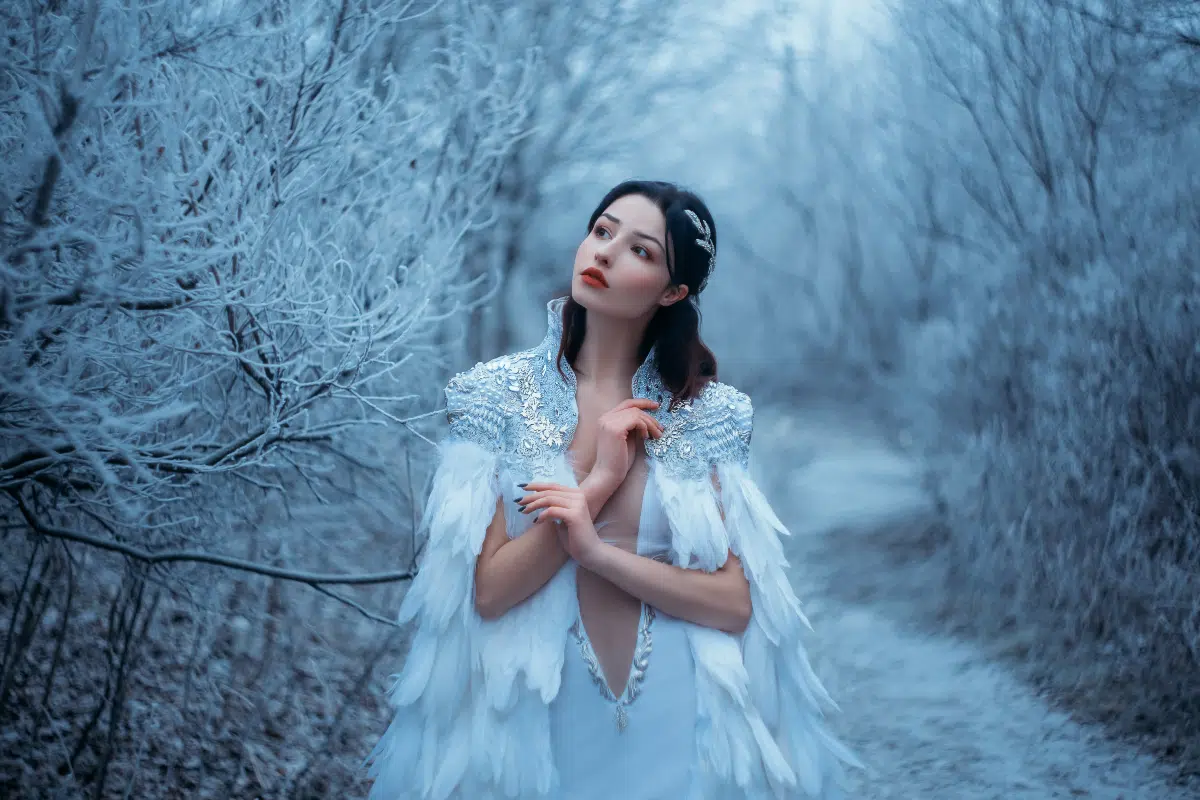
“Good-Bye, And Keep Cold” by Robert Lee Frost
This saying good-bye on the edge of the dark
And cold to an orchard so young in the bark
Reminds me of all that can happen to harm
An orchard away at the end of the farm
All winter, cut off by a hill from the house.
I don’t want it girdled by rabbit and mouse,
I don’t want it dreamily nibbled for browse
By deer, and I don’t want it budded by grouse.
(If certain it wouldn’t be idle to call
I’d summon grouse, rabbit, and deer to the wall
And warn them away with a stick for a gun.)
I don’t want it stirred by the heat of the sun.
(We made it secure against being, I hope,
By setting it out on a northerly slope.)
No orchard’s the worse for the wintriest storm;
But one thing about it, it mustn’t get warm.
“How often already you’ve had to be told,
Keep cold, young orchard. Good-bye and keep cold.
Dread fifty above more than fifty below.”
I have to be gone for a season or so.
My business awhile is with different trees,
Less carefully nourished, less fruitful than these,
And such as is done to their wood with an axe
Maples and birches and tamaracks.
I wish I could promise to lie in the night
And think of an orchard’s arboreal plight
When slowly (and nobody comes with a light)
Its heart sinks lower under the sod.
But something has to be left to God.
“Gone.” by Emily Elizabeth Dickinson
Went up a year this evening!
I recollect it well!
Amid no bells nor bravos
The bystanders will tell!
Cheerful, as to the village,
Tranquil, as to repose,
Chastened, as to the chapel,
This humble tourist rose.
Did not talk of returning,
Alluded to no time
When, were the gales propitious,
We might look for him;
Was grateful for the roses
In life’s diverse bouquet,
Talked softly of new species
To pick another day.
Beguiling thus the wonder,
The wondrous nearer drew;
Hands bustled at the moorings —
The crowd respectful grew.
Ascended from our vision
To countenances new!
A difference, a daisy,
Is all the rest I knew!
“Could I But Ride Indefinite” by Emily Elizabeth Dickinson
Could I but ride indefinite,
As doth the meadow-bee,
And visit only where I liked,
And no man visit me,
And flirt all day with buttercups,
And marry whom I may,
And dwell a little everywhere,
Or better, run away
With no police to follow,
Or chase me if I do,
Till I should jump peninsulas
To get away from you, —
I said, but just to be a bee
Upon a raft of air,
And row in nowhere all day long,
And anchor off the bar,–
What liberty! So captives deem
Who tight in dungeons are.
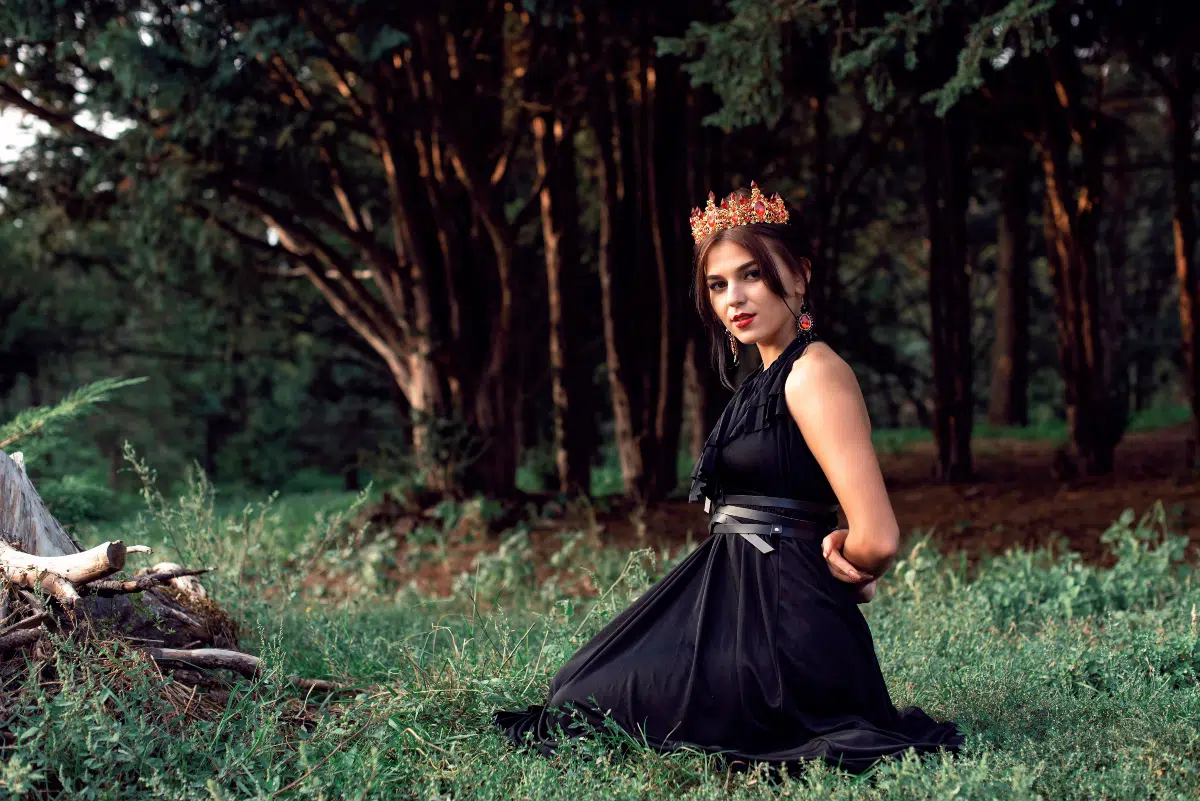
“Alone.” by Lennox Amott
Alone in my chamber, forsaken, unsought,
My spirit’s enveloped in shadows of night,
Is there no one to give me a smile or a thought?
Is there none to restore to me faded delight?
The zephyrs disport with a light-bosomed song,
And the joy-laden songsters flit over the lea–
Yet the hours of the spring as they hurry along
Bring nothing but sadness and sighing to me!
There were friends–but their love is departed and dead,
And alone must the tear-drop disconsolate start,
All the beauty of Life, all its sweetness is fled,
Oh, who shall unburden this weight at my heart!
“Improvisations: Light and Snow: 13” by Conrad Potter Aiken
My heart is an old house, and in that forlorn old house,
In the very centre, dark and forgotten,
Is a locked room where an enchanted princess
Lies sleeping.
But sometimes, in that dark house,
As if almost from the stars, far away,
Sounds whisper in that secret room
Faint voices, music, a dying trill of laughter?
And suddenly, from her long sleep,
The beautiful princess awakes and dances.
Who is she? I do not know.
Why does she dance? Do not ask me!
Yet to-day, when I saw you,
When I saw your eyes troubled with the trouble of happiness,
And your mouth trembling into a smile,
And your fingers pull shyly forward,
Softly, in that room,
The little princess arose
And danced;
And as she danced the old house gravely trembled
With its vague and delicious secret.
“The Runaway” by Robert Frost
Once when the snow of the year was beginning to fall,
We stopped by a mountain pasture to say, “Whose colt?”
A little Morgan had one forefoot on the wall,
The other curled at his breast. He dipped his head
And snorted to us. And then we saw him bolt.
We heard the miniature thunder where he fled,
And we saw him, or thought we saw him, dim and gray,
Like a shadow across instead of behind the flakes.
The little fellow’s afraid of the falling snow.
He never saw it before. It isn’t play
With the little fellow at all. He’s running away.
He wouldn’t believe when his mother told him, ‘Sakes,
It’s only weather.’ He thought she didn’t know!
So this is something he has to bear alone
And now he comes again with a clatter of stone,
He mounts the wall again with whited eyes
Dilated nostrils, and tail held straight up straight.
He shudders his coat as if to throw off flies.
“Whoever it is that leaves him out so late,
When all other creatures have gone to stall and bin,
Ought to be told to come and take him in.
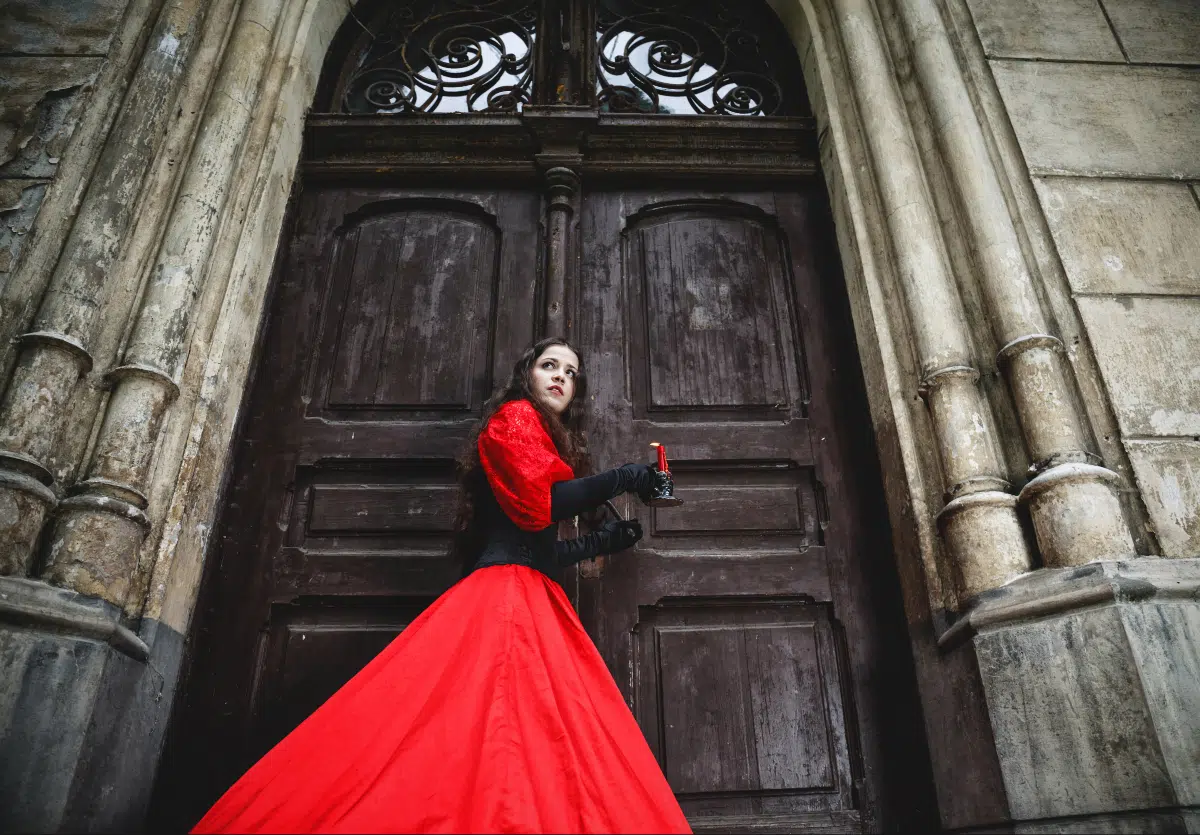
“The Lockless Door” by Robert Frost
It went many years,
But at last came a knock,
And I thought of the door
With no lock to lock.
I blew out the light,
I tip-toed the floor,
And raised both hands
In prayer to the door.
But the knock came again
My window was wide;
I climbed on the sill
And descended outside.
Back over the sill
I bade a “Come in”
To whoever the knock
At the door may have been.
So at a knock
I emptied my cage
To hide in the world
And alter with age.
“Home” by Rupert Brooke
I came back late and tired last night
Into my little room,
To the long chair and the firelight
And comfortable gloom.
But as I entered softly in
I saw a woman there,
The line of neck and cheek and chin,
The darkness of her hair,
The form of one I did not know
Sitting in my chair.
I stood a moment fierce and still,
Watching her neck and hair.
I made a step to her; and saw
That there was no one there.
It was some trick of the firelight
That made me see her there.
It was a chance of shade and light
And the cushion in the chair.
Oh, all you happy over the earth,
That night, how could I sleep?
I lay and watched the lonely gloom;
And watched the moonlight creep
From wall to basin, round the room,
All night I could not sleep.
“When We Are All Asleep” by Robert Buchanan
When he returns, and finds all sleeping here—
Some old, some young, some fair, and some not fair,
Will He stoop down and whisper in each ear
‘Awaken!’ or for pity’s sake forbear,—
Saying, ‘How shall I meet their frozen stare
Of wonder, and their eyes so woebegone?
How shall I comfort them in their despair,
If they cry out “too late! let us sleep on”?’
Perchance He will not wake us up, but when
He sees us look so happy in our rest,
Will murmur, ‘Poor dead women and dead men!
Dire was their doom, and weary was their quest.
Wherefore awake them unto life again?
Let them sleep on untroubled—it is best.’
Poems About Running Away from Problems
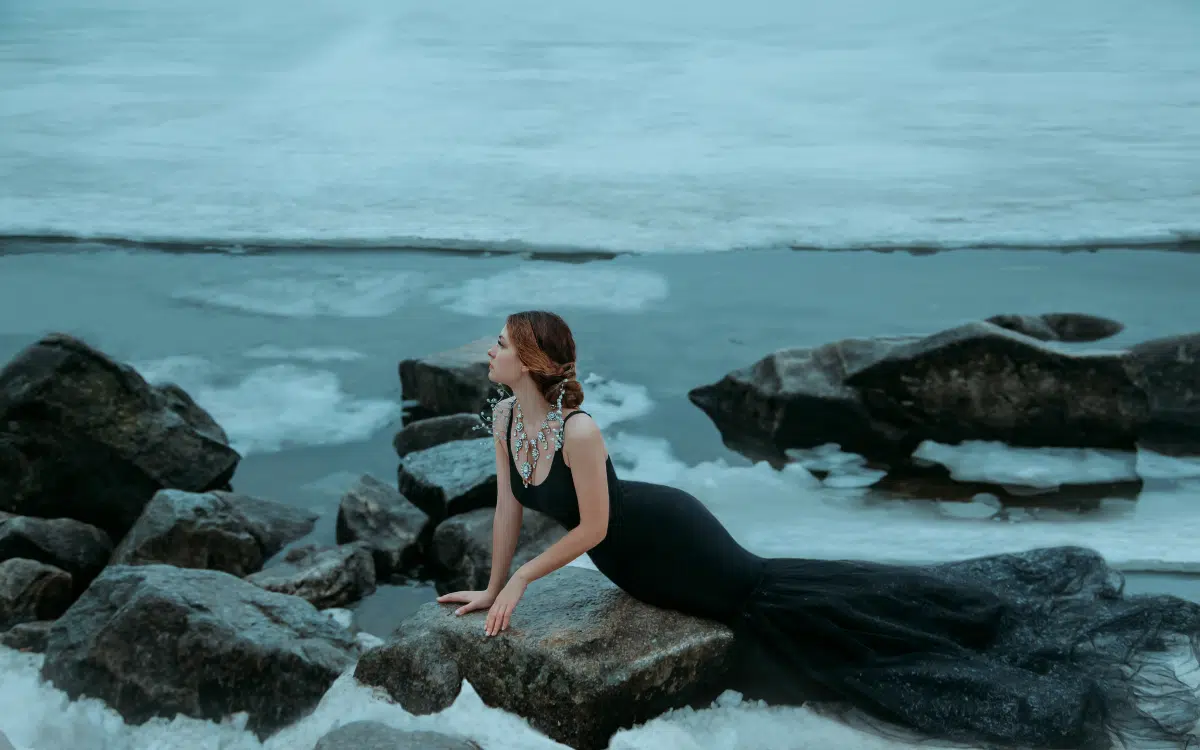
“Sea Rest” by Abraham Joseph Ryan
Far from “where the roses rest”,
Round the altar and the aisle,
Which I loved, of all, the best —
I have come to rest awhile
By the ever-restless sea —
Will its waves give rest to me?
But it is so hard to part
With my roses. Do they know
(Who knows but each has a heart?)
How it grieves my heart to go?
Roses! will the restless sea
Bring, as ye, a rest for me?
Ye were sweet and still and calm,
Roses red and roses white;
And ye sang a soundless psalm
For me in the day and night.
Roses! will the restless sea
Sing as sweet as ye for me?
Just a hundred feet away,
Seaward, flows and ebbs the tide;
And the wavelets, blue and gray,
Moan, and white sails windward glide
O’er the ever restless sea
From me, far and peacefully.
And as many feet away,
Landward, rise the moss-veiled trees;
And they wail, the while they sway
In the sad November breeze,
Echoes in the sighing sea
To me, near and mournfully.
And beside me sleep the dead,
In the consecrated ground;
Blessed crosses o’er each head.
O’er them all the Requiem sound,
Chanted by the moaning sea,
Echoed by each moss-veiled tree.
Roses! will you miss my face?
Do you know that I have gone
From your fair and restful place,
Far away where moveth on
Night and day the restless sea?
But I saw eternity
In your faces. Roses sweet!
Ye were but the virgin veils,
Hiding Him whose holy feet
Walked the waves, whose very wails
Bring to me from Galilee
Rest across the restless sea.
And who knows? mayhap some wave,
From His footstep long ago,
With the blessing which He gave
After ages ebb and flow,
Cometh in from yonder sea,
With a blessing sweet for me.
Just last night I watched the deep,
And it shone as shines a shrine,
(Vigils such I often keep)
And the stars did sweetly shine
O’er the altar of the sea;
So they shone in Galilee.
Roses! round the shrine and aisle!
Which of all I loved the best,
I have gone to rest awhile
Where the wavelets never rest —
Ye are dearer far to me
Than the ever restless sea.
I will come to you in dreams,
In the day and in the night,
When the sun’s or starlight’s gleams
Robe you in your red or white;
Roses! will you dream of me
By the ever restless sea?
Biloxi, Miss.
“Answered.” by Ella Wheeler Wilcox
Good-bye – yes, I am going.
Sudden? Well, you are right;
But a startling truth came home to me
With sudden force last night.
What is it? Shall I tell you?
Nay, that is why I go.
I am running away from the battlefield
Turning my back on the foe.
Riddles? You think me cruel!
Have you not been most kind
Why, when you question me like that,
What answer can I find?
You fear you failed to amuse me,
Your husband’s friend and guest,
Whom he bade you entertain and please –
Well, you have done your best.
Then why am I going?
A friend of mine abroad,
Whose theories I have been acting upon,
Has proven himself a fraud.
You have heard me quote from Plato
A thousand times no doubt;
Well, I have discovered he did not know
What he was talking about.
You think I am speaking strangely?
You cannot understand?
Well, let me look down into your eyes,
And let me take your hand.
I am running away from danger;
I am flying before I fall;
I am going because with heart and soul
I love you – that is all.
There, now you are white with anger;
I knew it would be so.
You should not question a man too close
When he tells you he must go.
“Away, Away, From The Sultry Ways” by Freeman Edwin Miller
Away, away, from the sultry ways
Where the pleasures fall and fade,
To the bannered corn and the meadowed bloom
And the forest’s cooling shade!
Afar, afar, from the rooms of care
With the toils of life distressed,
To the grassy hills and the fragrant slopes
And the quiet vales of rest!
Away from the weary, dusty town,
Where the sorrows dim the days,
To the sleeping lake and the silent stream
And the wildwood’s tangled ways!
To margins wide of the woodland pools,
Where the wild birds troll their songs,
Where the lilies laugh and the willows wave,
And the pleasures dance in throngs!
The dark-eyed nymphs and the fairy elves
In their robes of laughing smiles,
In the forests romp ‘neath the leafy trees,
Through the narrow long-drawn aisles.
The bannered corn and the golden wheat
In the ties of bliss are bound;
The sweetest joys and highest hopes
On the shady farms are found.
The raptures reign in the holy scenes,
And the old grow young once more,
To roam the meadows and live again
In the happy years of yore.
Then haste, O, haste, to the country downs,
Where the valleys are sweet with joys,
And the soul grows young, and the heart is light,
And the bosom is like a boy’s!
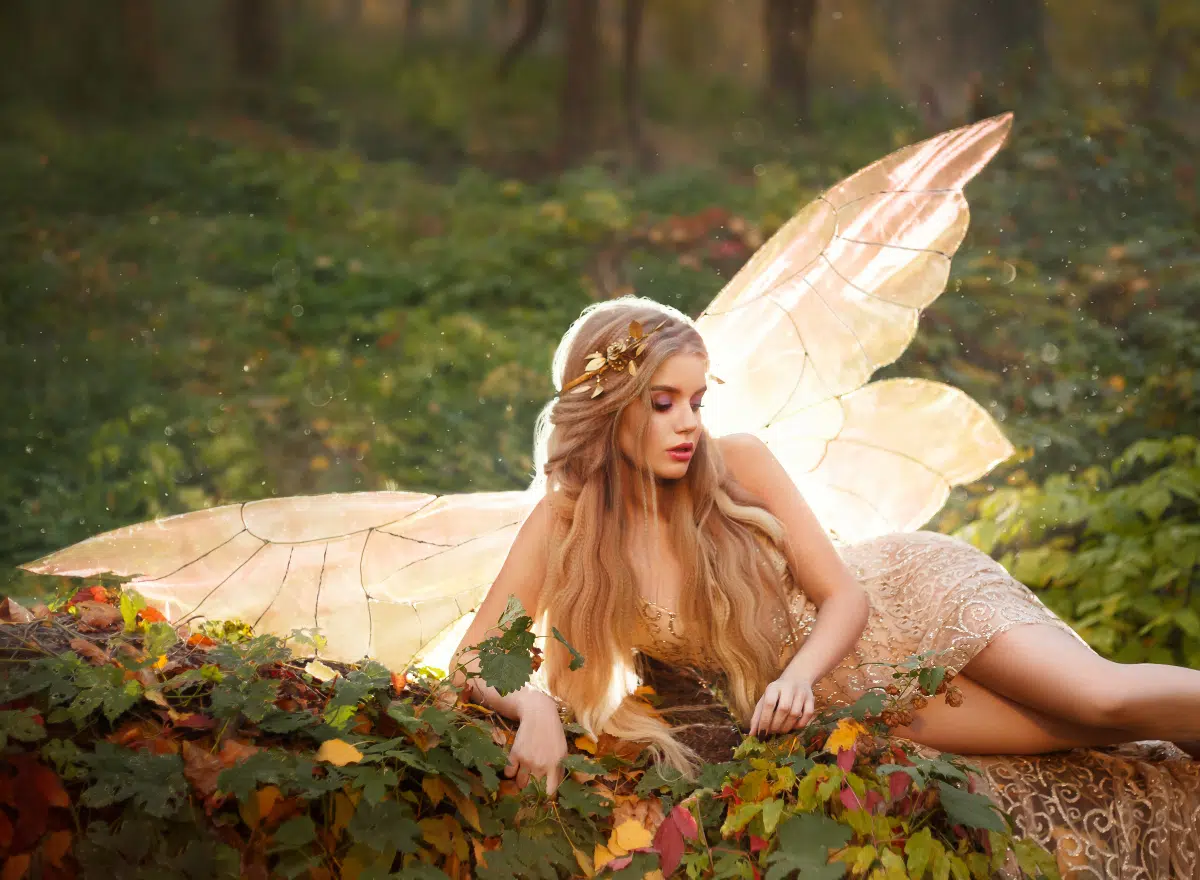
“Gathering Leaves” by Robert Lee Frost
Spades take up leaves
No better than spoons,
And bags full of leaves
Are light as balloons.
I make a great noise
Of rustling all day
Like rabbit and deer
Running away.
But the mountains I raise
Elude my embrace,
Flowing over my arms
And into my face.
I may load and unload
Again and again
Till I fill the whole shed,
And what have I then?
Next to nothing for weight,
And since they grew duller
From contact with earth,
Next to nothing for color.
Next to nothing for use.
But a crop is a crop,
And who’s to say where
The harvest shall stop?
“The Lighted Window” by Sara Teasdale
He said:
“In the winter dusk
When the pavements were gleaming with rain,
I walked thru a dingy street
Hurried, harassed,
Thinking of all my problems that never are solved.
Suddenly out of the mist, a flaring gas-jet
Shone from a huddled shop.
I saw thru the bleary window
A mass of playthings:
False-faces hung on strings,
Valentines, paper and tinsel,
Tops of scarlet and green,
Candy, marbles, jacks—
A confusion of color
Pathetically gaudy and cheap.
All of my boyhood
Rushed back.
Once more these things were treasures
Wildly desired.
With covetous eyes I looked again at the marbles,
The precious agates, the pee-wees, the chinies—
Then I passed on.
In the winter dusk,
The pavements were gleaming with rain;
There in the lighted window
I left my boyhood.”
“Me Alone” by Lula Lowe Meeden
As I was going to town,
I saw a King and a Queen.
Such ringing of bells you never heard,
The clerks ran out of the stores;
You know how it was, Me alone.
I was standing as the others were,
“Oh! you little girl,” some one said,
“The King wants you,”
I became frightened
Wondering what he had to say,
Me alone.
Here’s what he wanted:
He wanted me to ride in his coach,
I felt myself so much riding in a King’s coach,
Me alone.

“Going To Heaven!” by Emily Elizabeth Dickinson
Going to heaven!
I don’t know when,
Pray do not ask me how, —
Indeed, I ‘m too astonished
To think of answering you!
Going to heaven! —
How dim it sounds!
And yet it will be done
As sure as flocks go home at night
Unto the shepherd’s arm!
Perhaps you ‘re going too!
Who knows?
If you should get there first,
Save just a little place for me
Close to the two I lost!
The smallest “robe” will fit me,
And just a bit of “crown;”
For you know we do not mind our dress
When we are going home.
I ‘m glad I don’t believe it,
For it would stop my breath,
And I ‘d like to look a little more
At such a curious earth!
I am glad they did believe it
Whom I have never found
Since the mighty autumn afternoon
I left them in the ground.
“If I should die to-night” by Bella E. Smith
If I should die to-night,
My friends would look upon my quiet face
Before they laid it in its resting-place,
And deem that death had left it almost fair;
And, laying snow-white flowers against my hair,
Would smooth it down with tearful tenderness,
And fold my hands with lingering caress—
Poor hands, so empty and so cold to-night!
If I should die to-night,
My friends would call to mind, with loving thought,
Some kindly deed the icy hands had wrought;
Some gentle word the frozen lips had said;
Errands on which the willing feet had sped;
The memory of my selfishness and pride,
My hasty words, would all be put aside,
And so I should be loved and mourned to-night.
If I should die to-night,
Even hearts estranged would turn once more to me,
Recalling other days remorsefully;
The eyes that chill me with averted glance
Would look upon me as of yore, perchance,
And soften, in the old familiar way;
For who could war with dumb, unconscious clay?
So I might rest, forgiven of all, to-night.
Oh, friends, I pray to-night,
Keep not your kisses for my dead, cold brow—
The way is lonely; let me feel them now.
Think gently of me; I am travel-worn;
My faltering feet are pierced with many a thorn.
Forgive, oh, hearts estranged, forgive, I plead!
When dreamless rest is mine I shall not need
The tenderness for which I long to-night.
“Farewell, Life” by Thomas Hood
Farewell, life! my senses swim,
And the world is growing dim;
Thronging shadows cloud the light,
Like the advent of the night,—
Colder, colder, colder still,
Upward steals a vapor chill;
Strong the earthly odor grows,—
I smell the mold above the rose!
Welcome, life! the spirit strives!
Strength returns and hope revives;
Cloudy fears and shapes forlorn
Fly like shadows at the morn,—
O’er the earth there comes a bloom;
Sunny light for sullen gloom,
Warm perfume for vapor cold,—
I smell the rose above the mold!
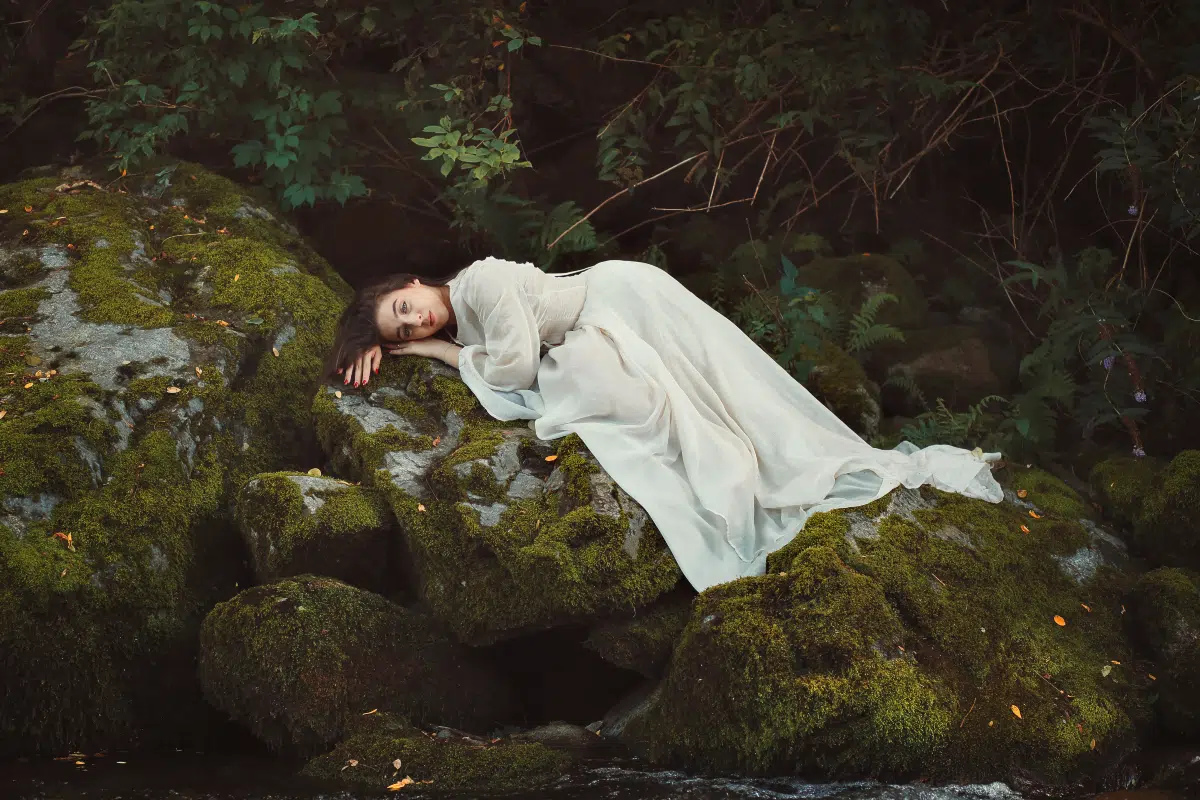
“Good-Bye” by Nora Pembroke
(To Miss E E.)
I cannot write, my tears are flowing fast,
Yet weeping is unnatural to me;
Oh! that this hour of bitterness was past–
The parting hour with all I love and thee
If I had never met or loved thee so,
To part would not have caused me this sharp pain;
Parting so oft occurring here below,
And they who part so seldom meet again.
Yet over land or sea, where’er I go,
My home, my friends, shall flit before my eyes–
And oft I anxiously shall wish to know,
If in thy bosom thoughts of me arise.
Oh, I will think of bygone days of glee,
Though on each point of bitter sorrow driven;
I will not bid thee to remember me,
But oh! see to it that we meet in Heaven.
1844.
“The Suicide.” by Alfred Lichtenstein
White, I lie
On the remains of an amusement park
Between jagged buildings –
Burning flower… shining sea…
Toes and hands
Reach out into emptiness.
Longing tears the weeping body to pieces.
The little moon glides above me.
Eyes grope
Gently into the deep world,
Sunken hats
Wandering stars.
“Renouncement” by Alice Meynell
I must not think of thee; and, tired yet strong,
I shun the thought that lurks in all delight—
The thought of thee—and in the blue heaven’s height,
And in the sweetest passage of a song.
Oh, just beyond the fairest thoughts that throng
This breast, the thought of thee waits hidden yet bright;
But it must never, never come in sight;
I must stop short of thee the whole day long.
But when sleep comes to close each difficult day,
When night gives pause to the long watch I keep,
And all my bonds I needs must loose apart,
Must doff my will as raiment laid away,—
With the first dream that comes with the first sleep
I run, I run, I am gathered to thy heart.
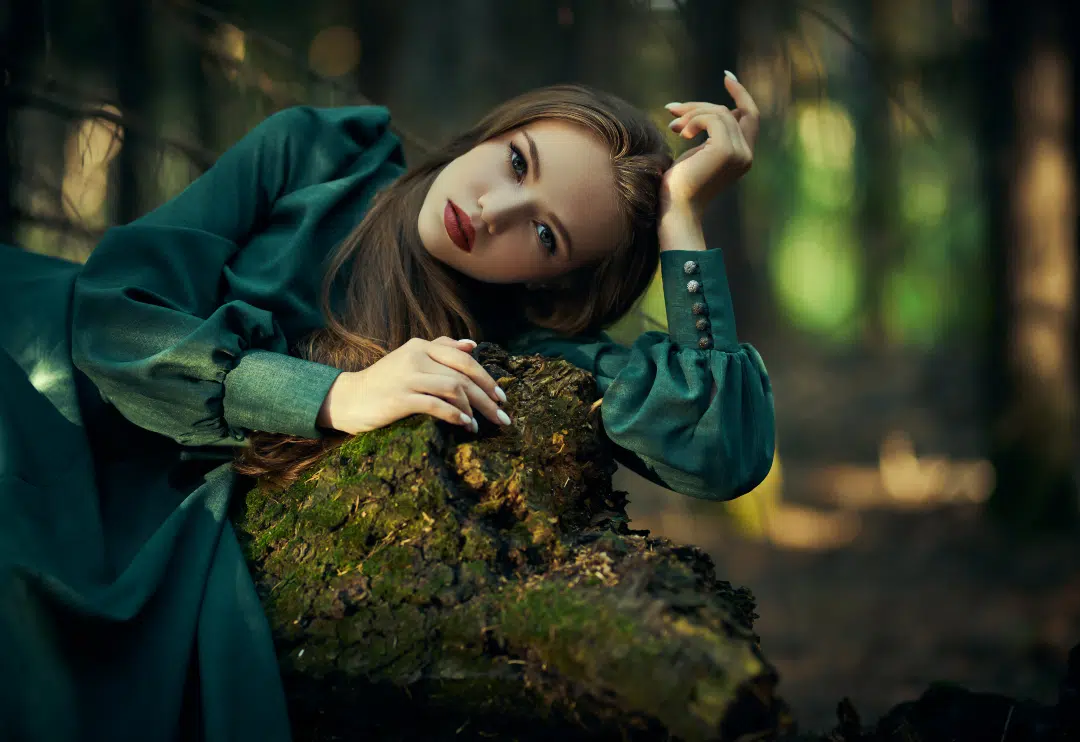
“Suicide Chant” by Countee Cullen
I am the seed
The Sower sowed;
I am the deed
His hand bestowed
Upon the world.
Censure me not
If a rank weed flood
The garden plot,
Instead of a bud
To be unfurled.
Bridle your blame
If the deed prove less
Than the bruited fame
With which it came
From nothingness.
The seed of a weed
Cannot be flowered,
Nor a hero’s deed
Spring from a coward.
Pull up the weed;
Bring plow and mower;
Then fetch new seed
For the hand of the Sower.
“We Too Shall Sleep” by Archibald Lampman
Not, not for thee,
Belovèd child, the burning grasp of life
Shall bruise the tender soul. The noise, and strife,
And clamour of midday thou shalt not see;
But wrapped for ever in thy quiet grave,
Too little to have known the earthly lot,
Time’s clashing hosts above thine innocent head,
Wave upon wave,
Shall break, or pass as with an army’s tread,
And harm thee not.
A few short years
We of the living flesh and restless brain
Shall plumb the deeps of life and know the strain,
The fleeting gleams of joy, the fruitless tears;
And then at last when all is touched and tried,
Our own immutable night shall fall, and deep
In the same silent plot, O little friend,
Side by thy side,
In peace that changeth not, nor knoweth end,
We too shall sleep.
Poems About Running Away Together
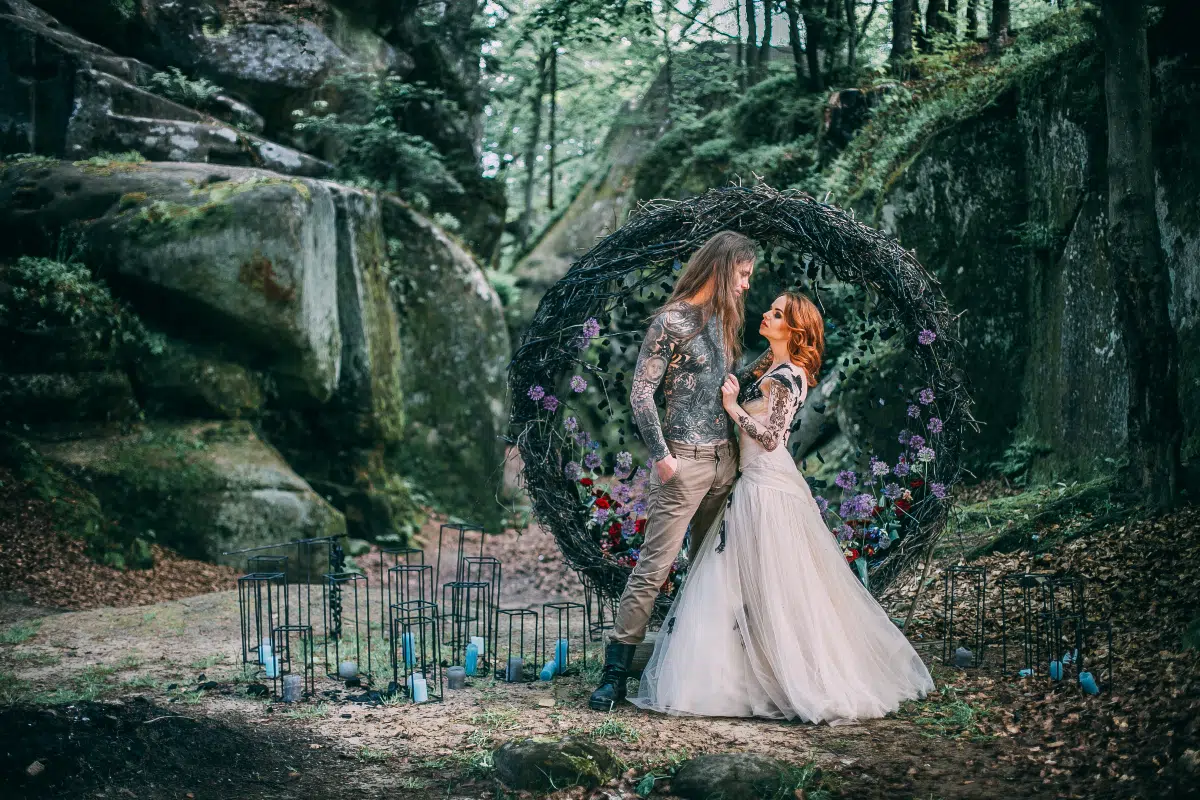
“Life In A Love” by Robert Browning
Escape me?
Never
Beloved!
While I am I, and you are you,
So long as the world contains us both,
Me the loving and you the loth
While the one eludes, must the other pursue.
My life is a fault at last, I fear
It seems too much like a fate, indeed!
Though I do my best I shall scarce succeed
But what if I fail of my purpose here?
It is but to keep the nerves at strain,
To dry ones eyes and laugh at a fall,
And, baffled, get up and begin again,
So the chace takes up ones life thats all.
While, look but once from your farthest bound
At me so deep in the dust and dark,
No sooner the old hope goes to ground
Than a new one, straight to the self-same mark,
I shape me
Ever
Removed!
“Together” by Ella Wheeler Wilcox
We two in the fever, and fervour, and glow
Of life’s high tide have rejoiced together.
We have looked out over the glittering snow,
And known we were dwelling in summer weather.
For the seasons are made by the heart, I hold,
And not by the outdoor heat or cold.
We two in the shadows of pain and fear
Have journeyed together in dim, dark places,
Where black-robed sorrow walked to and fro,
And fear and trouble with phantom faces
Peered out upon us, and froze our blood,
Though June’s fair roses were all in bud.
We two have measured all depths, all heights;
We have bathed in tears, we have sunned in laughter;
We have known all sorrow, and all delights,
They never could keep us apart hereafter.
Wherever your spirit was sent I know,
I would find my way in the dark, and go.
If they took my soul into Paradise,
And told me I must be content without you,
I would weary them so with my homesick cries,
And the ceaseless questions I asked about you,
They would open the gates and set me free,
Or else they would find you and bring you to me.
“Comrade Four” by Claude McKay
Dear comrades, my comrades,
My heart is always true;
An’ ever an’ ever
I shall remember you.
We all joined together,
Together joined we four;
An’ I have been first to
Pass t’rough the open door.
We four drilled together,
Together drilled we all;
An’ I’ve been the first to
Flee from the life o’ gall.
We parted, dear comrades,
We parted all in tears,
An’ each went his own way
To shoulder life’s sad cares.
O comrades, my comrades,
What is de lasting gain,
But all t’rough de tempest
A heart of unmixed pain?
My comrades, loved comrades,
I hear your bitter cry;
But life’s pain will end, boys,
Will end yet—by an’ by
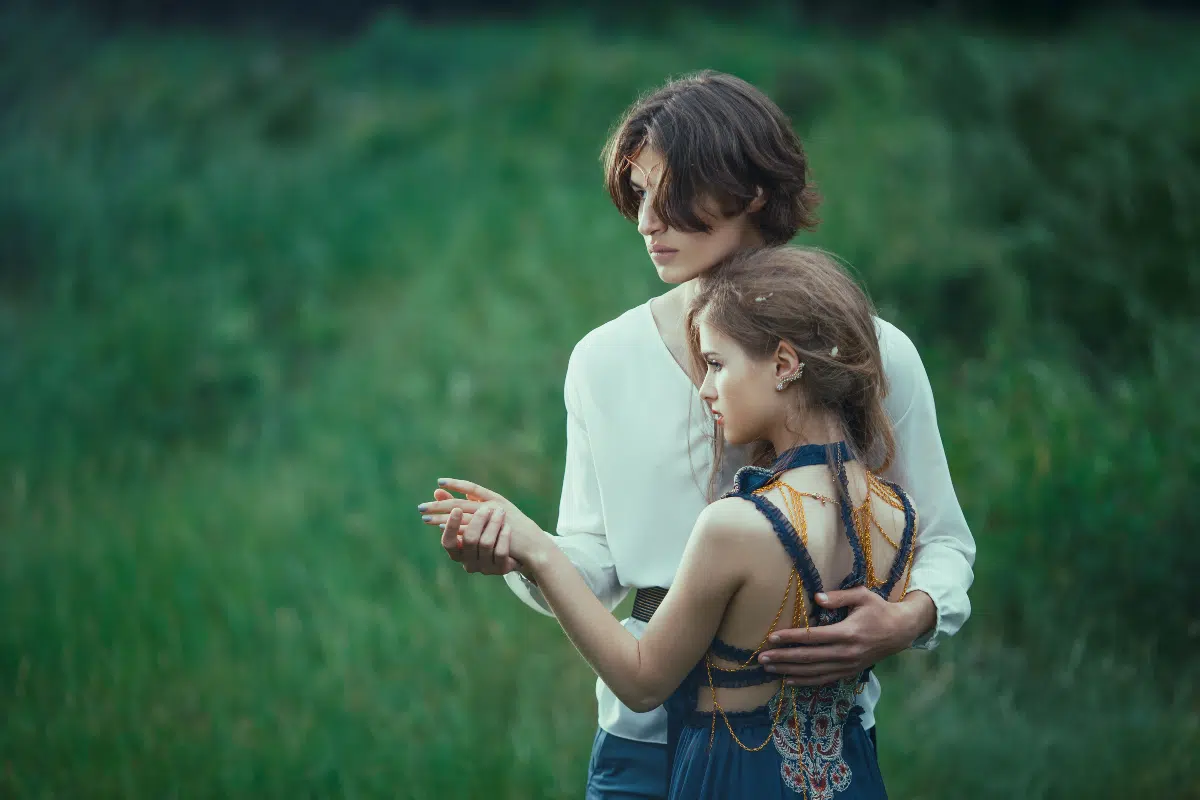
“The Lost Path” by James Whitcomb Riley
Alone they walked – their fingers knit together,
And swaying listlessly as might a swing
Wherein Dan Cupid dangled in the weather
Of some sun-flooded afternoon of Spring.
Within the clover-fields the tickled cricket
Laughed lightly as they loitered down the lane,
And from the covert of the hazel-thicket
The squirrel peeped and laughed at them again.
The bumble-bee that tipped the lily-vases
Along the road-side in the shadows dim,
Went following the blossoms of their faces
As though their sweets must needs be shared with him.
Between the pasture bars the wondering cattle
Stared wistfully, and from their mellow bells
Shook out a welcoming whose dreamy rattle
Fell swooningly away in faint farewells.
And though at last the gloom of night fell o’er them
And folded all the landscape from their eyes,
They only know the dusky path before them
Was leading safely on to Paradise.
“A Legacy” by John Greenleaf Whittier
Friend of my many years
When the great silence falls, at last, on me,
Let me not leave, to pain and sadden thee,
A memory of tears,
But pleasant thoughts alone
Of one who was thy friendships honored guest
And drank the wine of consolation pressed
From sorrows of thy own.
I leave with thee a sense
Of hands upheld and trials rendered less
The unselfish joy which is to helpfulness
Its own great recompense;
The knowledge that from thine,
As from the garments of the Master, stole
Calmness and strength, the virtue which makes whole
And heals without a sign;
Yea more, the assurance strong
That love, which fails of perfect utterance here,
Lives on to fill the heavenly atmosphere
With its immortal song.
“Farewell” by Alice Dunbar-Nelson
Farewell, sweetheart, and again farewell;
To day we part, and who can tell
If we shall e’er again
Meet, and with clasped hands
Renew our vows of love, and forget
The sad, dull pain.
Dear heart, ’tis bitter thus to lose thee
And think mayhap, you will forget me;
And yet, I thrill
As I remember long and happy days
Fraught with sweet love and pleasant memories
That linger still
You go to loved ones who will smile
And clasp you in their arms, and all the while
I stay and moan
For you, my love, my heart and strive
To gather up life’s dull, gray thread
And walk alone.
Aye, with you love the red and gold
Goes from my life, and leaves it cold
And dull and bare,
Why should I strive to live and learn
And smile and jest, and daily try
You from my heart to tare?
Nay, sweetheart, rather would I lie
Me down, and sleep for aye; or fly
To regions far
Where cruel Fate is not and lovers live
Nor feel the grim, cold hand of Destiny
Their way to bar.
I murmur not, dear love, I only say
Again farewell. God bless the day
On which we met,
And bless you too, my love, and be with you
In sorrow or in happiness, nor let you
E’er me forget.
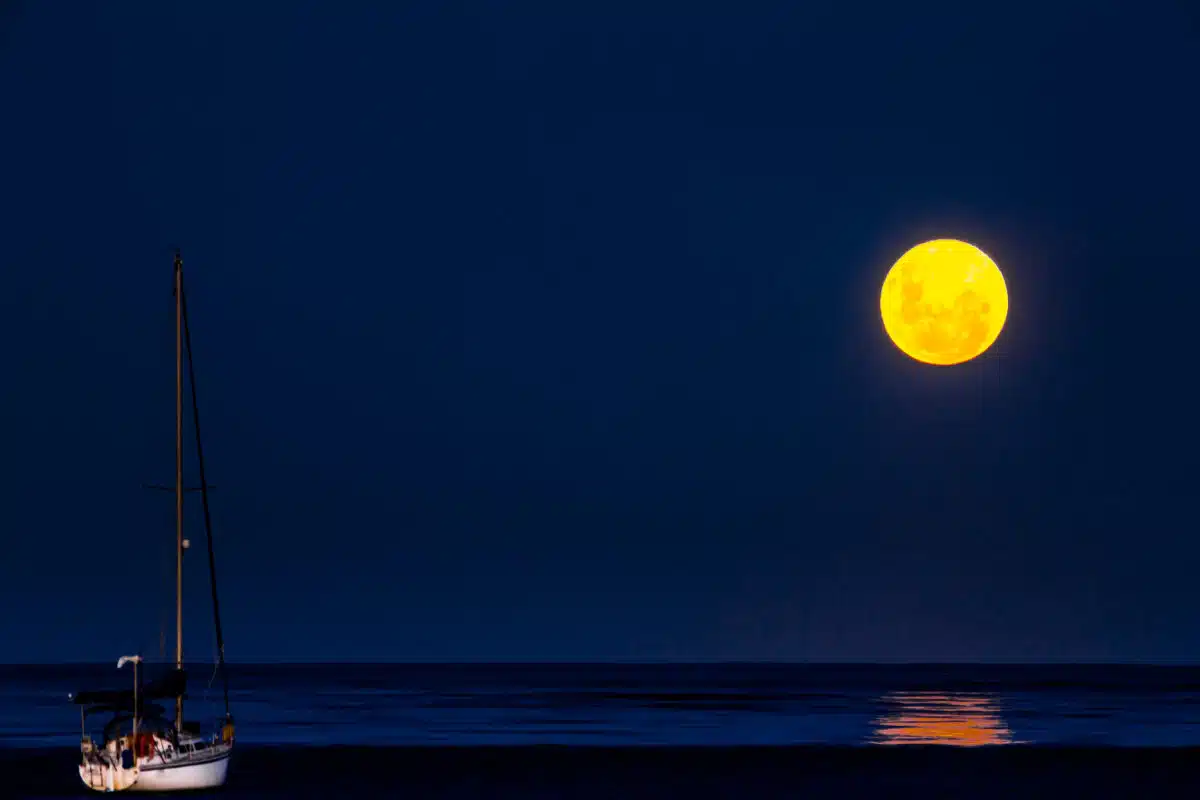
“Pirate Story” by Robert Louis Stevenson
Three of us afloat in the meadow by the swing,
Three of us aboard in the basket on the lea.
Winds are in the air, they are blowing in the spring,
And waves are on the meadow like the waves there are at sea.
Where shall we adventure, to-day that we’re afloat,
Wary of the weather and steering by a star?
Shall it be to Africa, a-steering of the boat,
To Providence, or Babylon, or off to Malabar?
Hi! but here’s a squadron a-rowing on the sea—
Cattle on the meadow a-charging with a roar!
Quick, and we’ll escape them, they’re as mad as they can be,
The wicket is the harbour and the garden is the shore.
Short Poems About Running Away
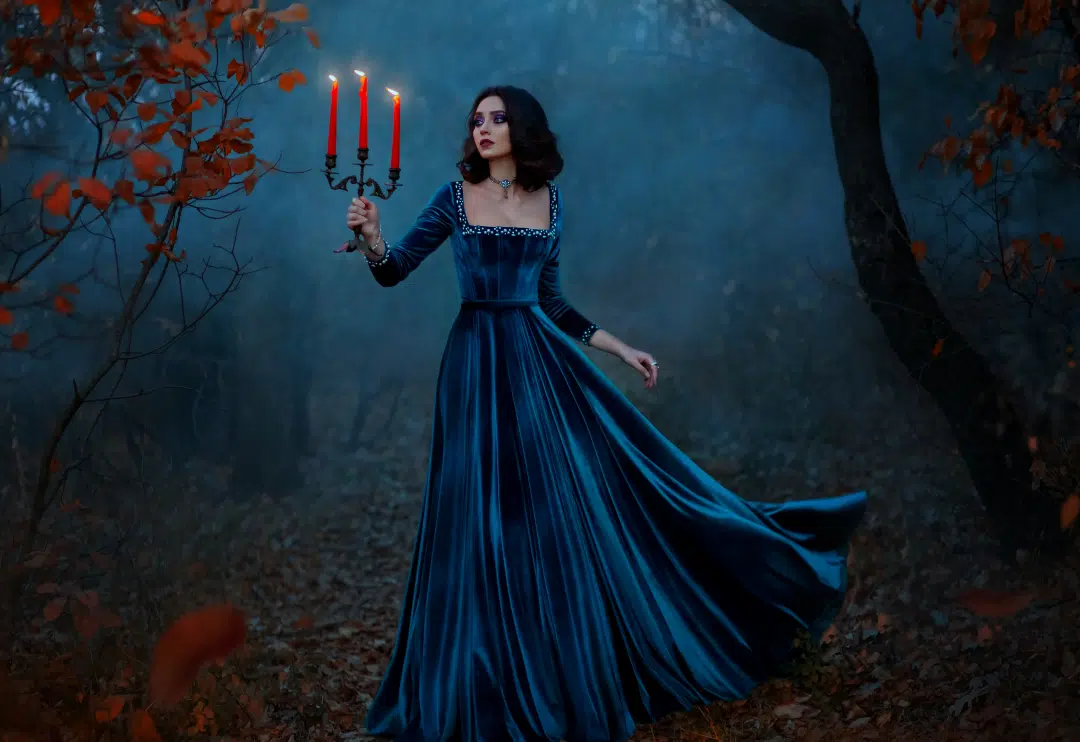
“Shadows” by Langston Hughes
We run,
We run,
We cannot stand these shadows!
Give us the sun.
We were not made
For shade,
For heavy shade,
And narrow space of stifling air
That these white things have made.
We run,
Oh, God,
We run!
We must break through these shadows,
We must find the sun.
“A Farewell” by Langston Hughes
With gypsies and sailors,
Wanderers of the hills and seas,
I go to seek my fortune.
With pious folk and fair
I must have a parting.
But you will not miss me,––
You who live between the hills
And have never seen the seas.
“The Stream” by Lula Lowe Weeden
It was running down to the great Atlantic.
I called it back to me,
But it slyly looked and said,
“I have not time to waste,”
And just went arunning running on.
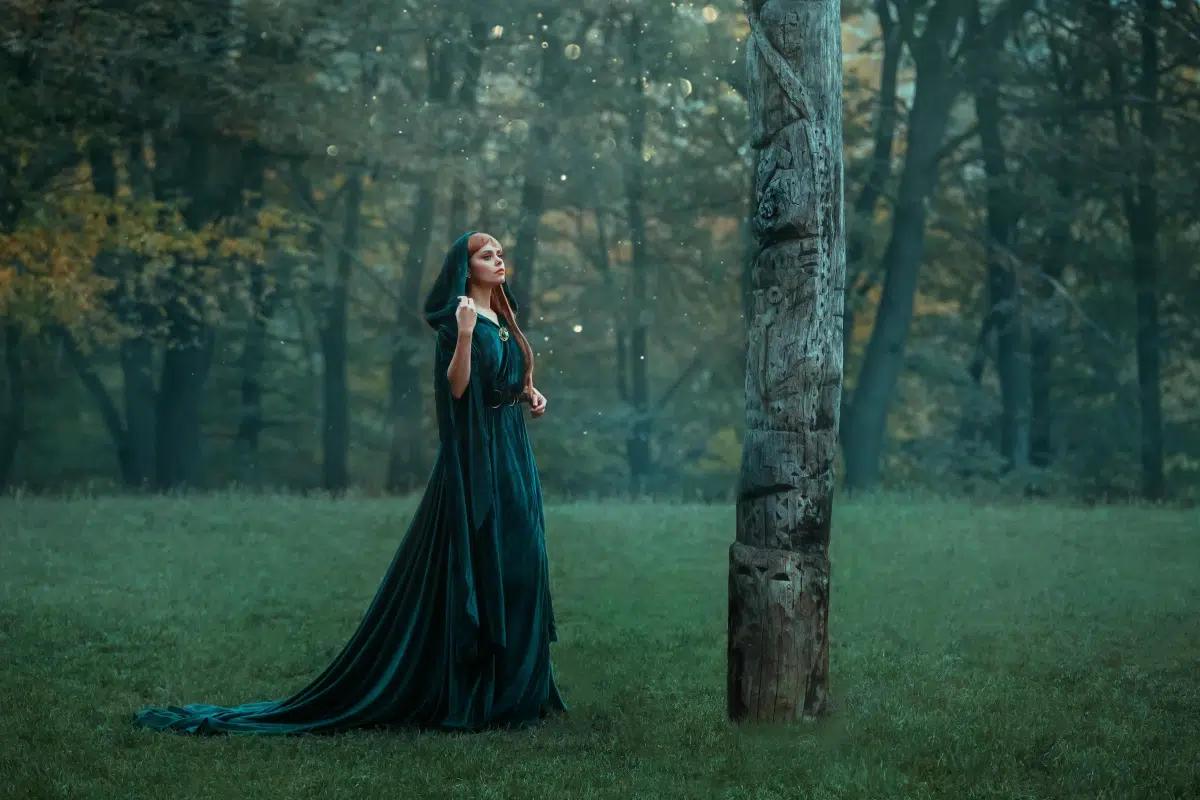
“Lost” by Carl Sandburg
Desolate and lone
All night long on the lake
Where fog trails and mist creeps,
The whistle of a boat
Calls and cries unendingly,
Like some lost child
In tears and trouble
Hunting the harbor’s breast
And the harbor’s eyes.
“The Pasture” by Robert Frost
I’m going out to clean the pasture spring;
I’ll only stop to rake the leaves away
(And wait to watch the water clear, I may):
I sha’n’t be gone long.—You come too.
I’m going out to fetch the little calf
That’s standing by the mother. It’s so young,
It totters when she licks it with her tongue.
I sha’n’t be gone long.—You come too.
“Good-Bye” by Emily Pauline Johnson
Sounds of the seas grow fainter,
Sounds of the sands have sped;
The sweep of gales,
The far white sails,
Are silent, spent and dead.
Sounds of the days of summer
Murmur and die away,
And distance hides
The long, low tides,
As night shuts out the day.

“Heaven – Haven A nun takes the veil” by Gerard Manley Hopkin
I have desired to go
Where springs not fail,
To fields where flies no sharp and sided hail
And a few lilies blow.
And I have asked to be
Where no storms come,
Where the green swell is in the havens dumb,
And out of the swing of the sea.
“Part One: Life XXXVI” by Emily Elizabeth Dickinson
I never hear the word “escape”
Without a quicker blood,
A sudden expectation,
A flying attitude.
I never hear of prisons broad
By soldiers battered down,
But I tug childish at my bars,—
Only to fail again!
